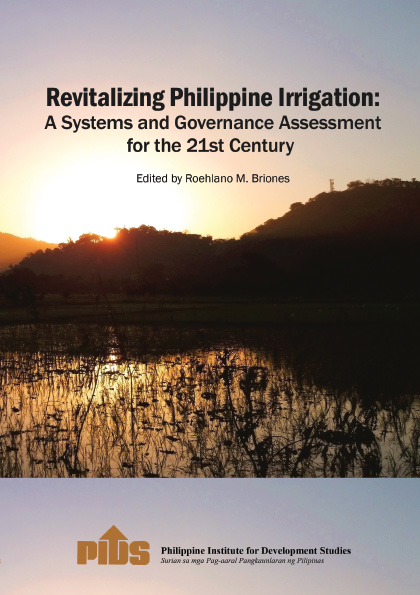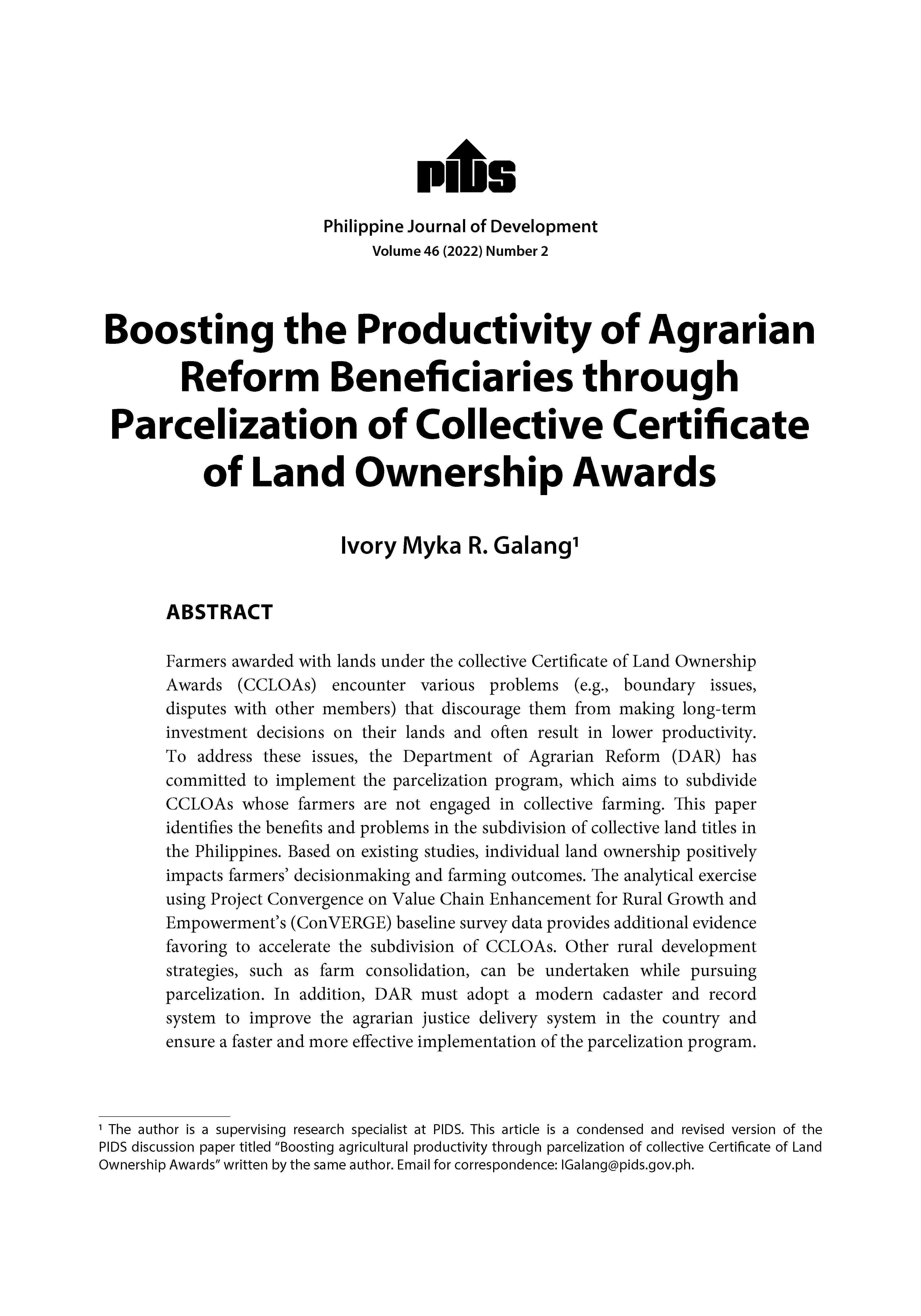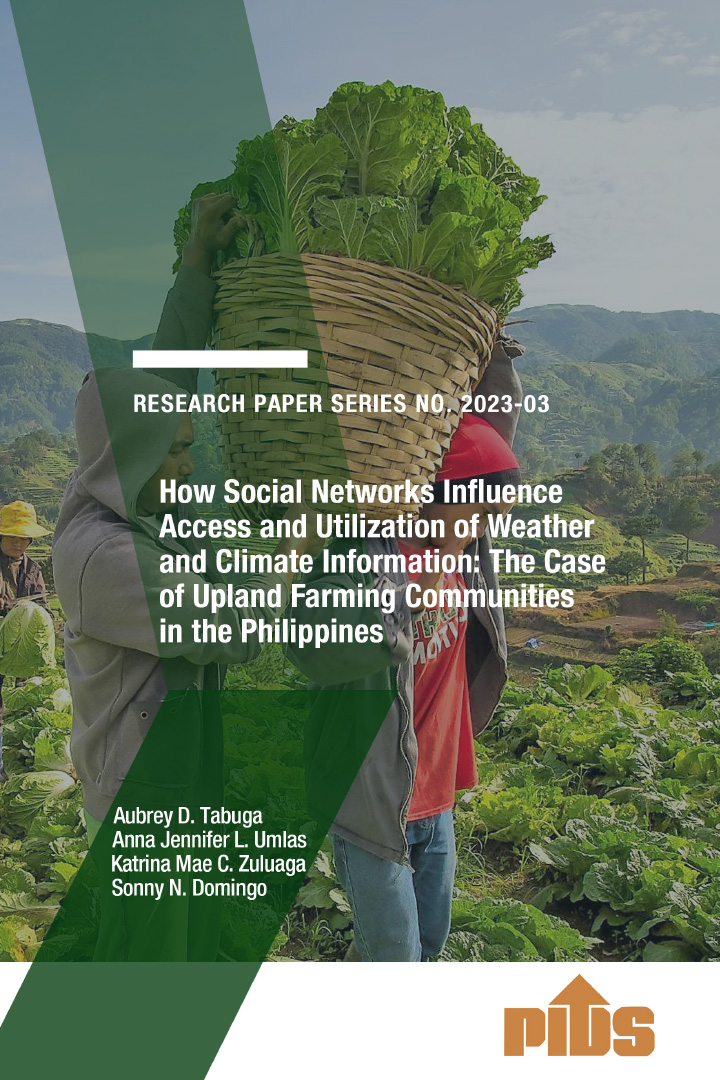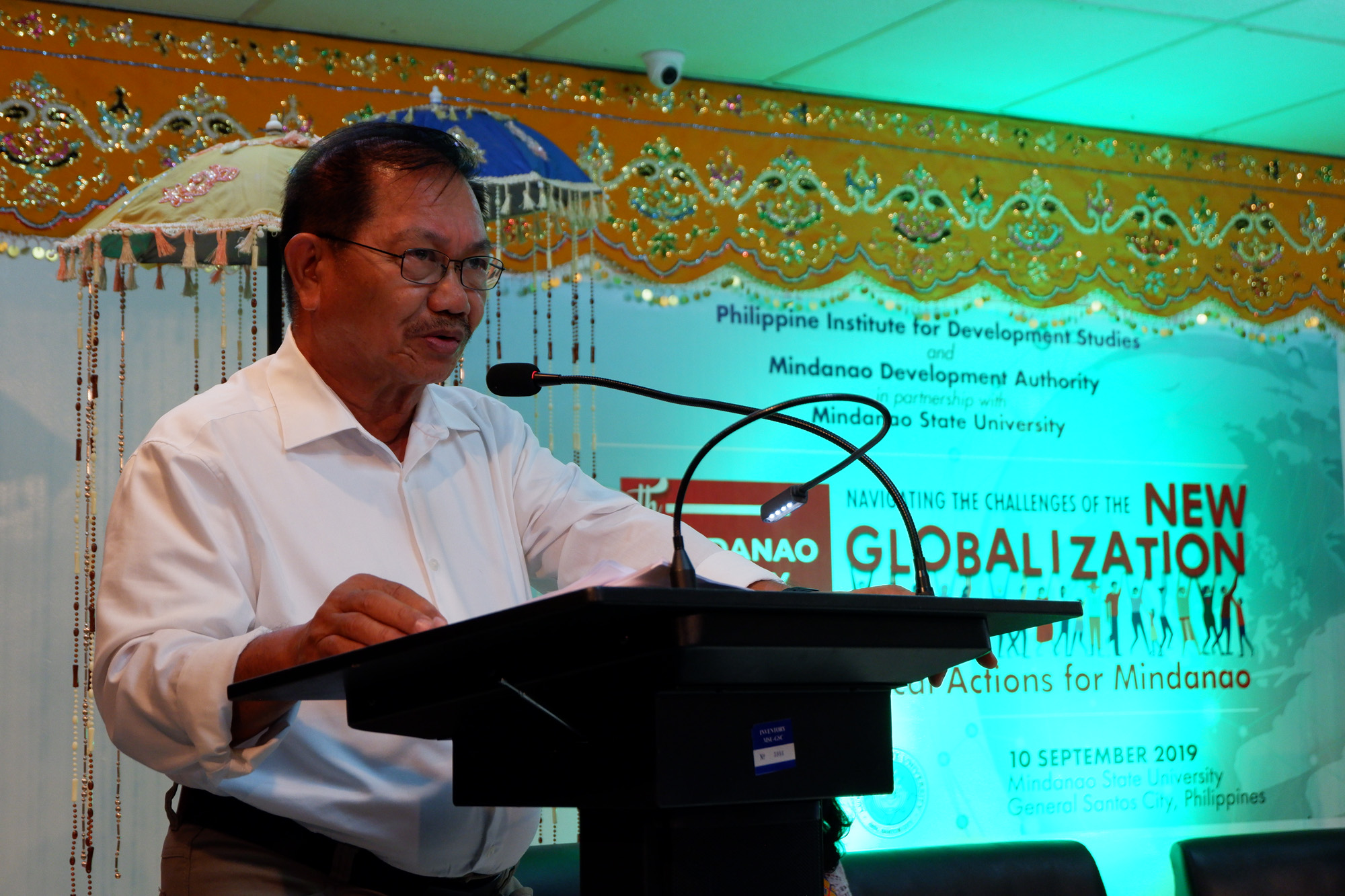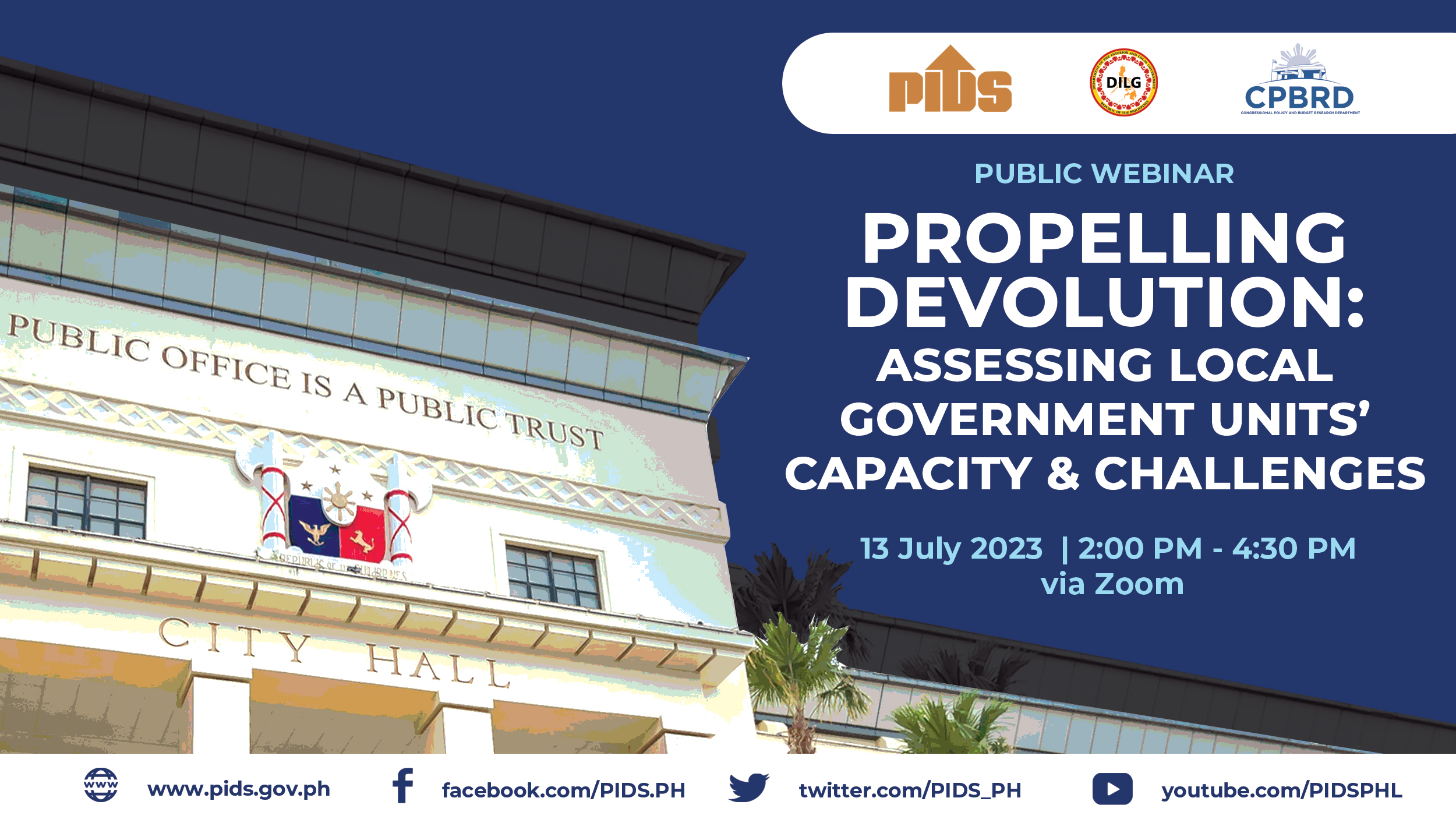The national government is a “poor creditor” for smallholder farmers, according to a study released by state-owned think tank Philippine Institute for Development Studies (PIDS).
This was the primary finding in an inquiry, titled Comprehensive Study on Credit Programs to Smallholders, that assessed the government’s Agrarian Production Credit Program for agrarian-reform beneficiaries (ARBs).
The program was pursued in collaboration with the Department of Agriculture and the Land Bank of the Philippines for ARBs using ARB organizations as retailers.
“Empirical and theoretical evidence from previous studies and experience show that the government, particularly government nonfinancial agencies, is a poor creditor.
“The provision of financial services is best done by financial institutions, which have the necessary expertise and required infrastructure for lending,” the study stated.
Instead of extending agriculture and smallholder lending, the researchers recommended that the government should instead channel its resources toward improving policy and regulatory environment and infrastructure.
By doing this, the researchers said this would help reduce the cost and risks associated with agriculture lending. This will then increase the confidence of financial institutions to lend to them.
“Demand and supply side constraints to smallholder finance show that it is unique, costly and risky. As such, very few private financial institutions are interested in lending to smallholders or if they lend, they impose stringent requirements that smallholders find hard to comply with,” the study stated.
The study also recommended that, in the short term, the government strengthen cooperatives to become conduits of smallholder finance, allow banks use innovative means to deliver financial assistance, and promote the use of mobile technology.
In the medium term, the study recommended that the government build the required support infrastructure, such as farm-to-market roads, that will reduce the costs of reaching the small farmers. All these will help make smallholder lending more affordable in the short and medium term.
To reduce risks, the government can support the collection of smallholder information through the Credit Information Corp. (CIC).
In exchange, the government can provide support for cooperatives and farmers organizations that submit credit information on individual borrowers to the CIC.
The researchers also urged the government to conduct information, education and communication activities for smallholder farmers in the short term.
In the medium term, the researchers urged the government to put in place an effective and responsive crop-insurance program; guarantee program for smallholder financing; and provide the necessary rural infrastructure support, such as farm-to-market roads, irrigation,
postharvest facilities and farm technology that will open up economic opportunities of smallholders.
Data showed that the repayment rate of Agrarian Production Credit Program (APCP) was at 89.46 percent as of February 29, 2016 and has a past due ratio of 10.54 percent.
With respect to amount of loans granted, the APCP extended a total of P2 billion and had 31,036 individual borrowers.

